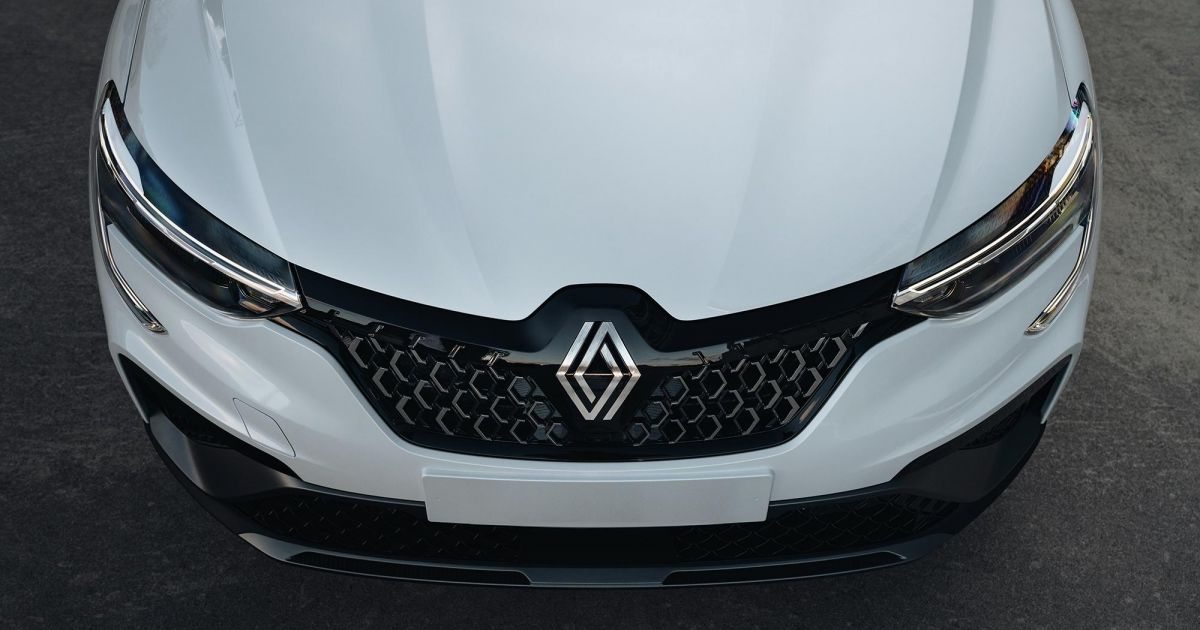Despite the growing popularity of hybrid SUVs in Australia, Renault is yet to commit to bringing electrified versions of its Arkana and Captur models to local shores. While the French brand acknowledges the appeal of hybrid technology, the managing director of Renault Australia, Glen Sealey, states that the business case for introducing these models is still under consideration.
Sealey highlights that the Arkana's current 1.3-litre turbocharged petrol engine already boasts impressive fuel efficiency, rivaling some hybrid powertrains available in the market. He points out that offering multiple drivetrains, including hybrid, for a relatively small market segment could dilute the value proposition and make it challenging to achieve a compelling return on investment.
Although both the Arkana and Captur are available with 105kW E-Tech full hybrid powertrains in the UK, combining a 1.6-litre petrol engine with an electric motor and 1.2kWh battery, their introduction in Australia remains uncertain. These models achieve an impressive 4.7L/100km fuel economy according to stringent WLTP testing, showcasing the potential of hybrid technology for improving fuel efficiency.
Despite the lack of concrete plans for hybrid models, Renault Australia is actively pursuing a more sustainable future, with a focus on electric vehicles (EVs). The company has already confirmed that it will launch a series of EVs in the coming years, including electric versions of the Kangoo, Trafic, and Master vans.
The popular Renault 5 E-Tech hatchback and Scenic E-Tech SUV are also on the company's radar for Australian introduction, filling a gap in the brand's passenger vehicle lineup.
Renault also considers the recently launched Symbioz E-Tech Full Hybrid crossover as a potential addition to the Australian market. This extended Captur rival, competing with models like the Hyundai Kona and Nissan Qashqai, boasts a 1.6-litre four-cylinder petrol engine coupled with a hybrid system, offering a compelling blend of performance and efficiency.
Despite the company's enthusiasm for EVs, the future of hybrid models in Australia remains uncertain. Renault Australia remains cautious, with a focus on ensuring that any new model introduced aligns with the government's National Vehicle Emissions Standards (NVES) regulations.
While the current focus lies on electrifying its lineup, Renault Australia's commitment to hybrid technology remains a possibility in the future, particularly as the market demand for fuel-efficient vehicles continues to grow.
Article
Business

Renault's Hybrid Hesitation: Arkana and Captur Electrification Uncertain

